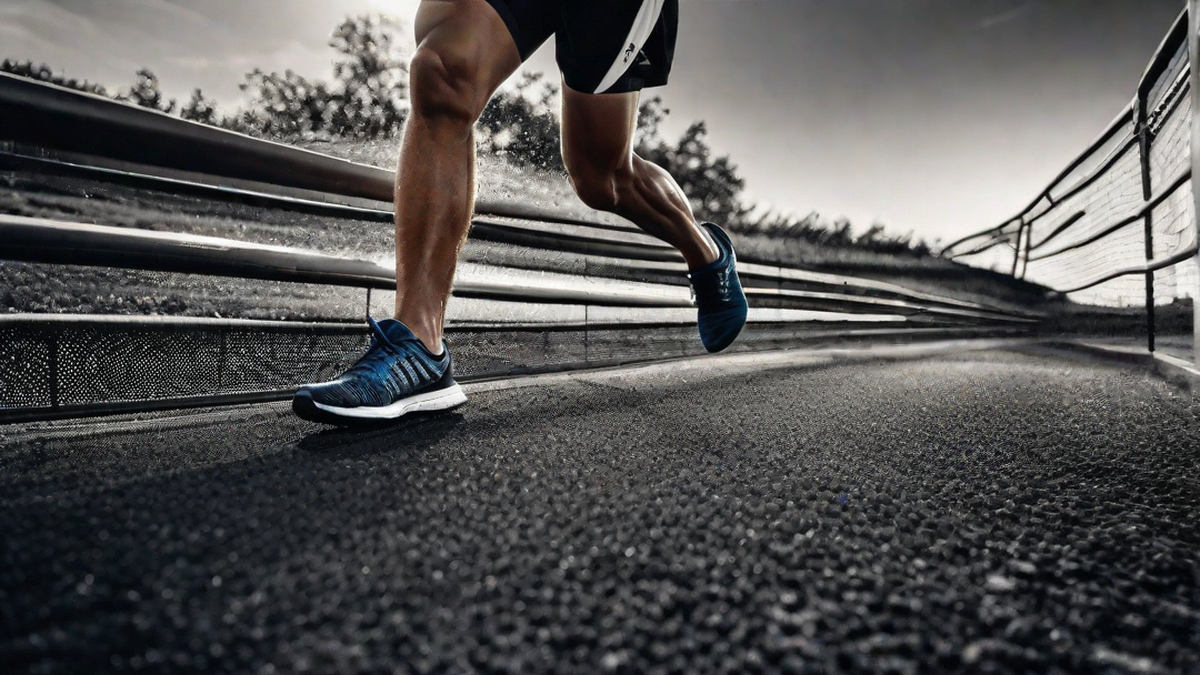Running is a great way to stay fit and active, but it can sometimes come with its own set of challenges. One common complaint among runners is knee pain. As an avid runner myself, I understand how frustrating it can be to experience knee pain after a run. In this article, I will delve into the reasons why your knee may hurt after running and provide some insights and personal experiences along the way.
1. Overuse and Training Errors
One of the most common causes of knee pain in runners is overuse and training errors. This occurs when you increase your mileage or intensity too quickly without giving your body enough time to adjust. It’s essential to gradually build up your running routine to avoid putting excessive stress on your knees.
Personally, I remember a time when I decided to ramp up my training for a half marathon. I ignored the warning signs of fatigue and pushed my body beyond its limits. As a result, my knees started to ache after every run. It was a wake-up call to pay more attention to proper training techniques and listen to my body’s cues.
2. Improper Running Form
Another factor that can contribute to knee pain is improper running form. When you run, your knee joint absorbs a significant amount of impact with each stride. If your form is flawed, it can put excessive stress on your knees, leading to pain and discomfort.
Personally, I used to have a tendency to overstride, meaning my foot would land too far in front of my body. This put a strain on my knees and caused them to ache after my runs. By working with a running coach and focusing on my form, I was able to make adjustments and alleviate the stress on my knees.
3. Weak Muscles and Imbalances
Weak muscles and imbalances in the lower body can also contribute to knee pain. When certain muscles, such as the quadriceps or glutes, are weak or underdeveloped, it can affect the alignment and stability of the knee joint. This imbalance can lead to increased stress on the knees and result in pain.
Personally, I found that incorporating strength training exercises into my routine was a game-changer. By targeting the muscles around my knees, such as the quadriceps and hamstrings, I was able to improve stability and reduce knee pain. Exercises like squats, lunges, and leg presses became a regular part of my training regimen.
4. Pre-existing Conditions
In some cases, knee pain after running may be due to pre-existing conditions such as arthritis, tendinitis, or runner’s knee (patellofemoral pain syndrome). These conditions can be exacerbated by the repetitive impact of running and may require medical attention or modifications to your training routine.
Personally, I have dealt with runner’s knee in the past. It caused sharp pain around the kneecap and made running almost unbearable. It took some time, rest, and physical therapy to recover and get back to running pain-free.
Conclusion
Knee pain after running can be a frustrating and discouraging experience. However, by understanding the possible causes and making necessary adjustments, you can overcome this challenge. Remember to listen to your body, practice proper form, and incorporate strength training exercises to support your knees. If the pain persists or worsens, it’s always a good idea to consult with a healthcare professional to rule out any underlying conditions. Happy running!

